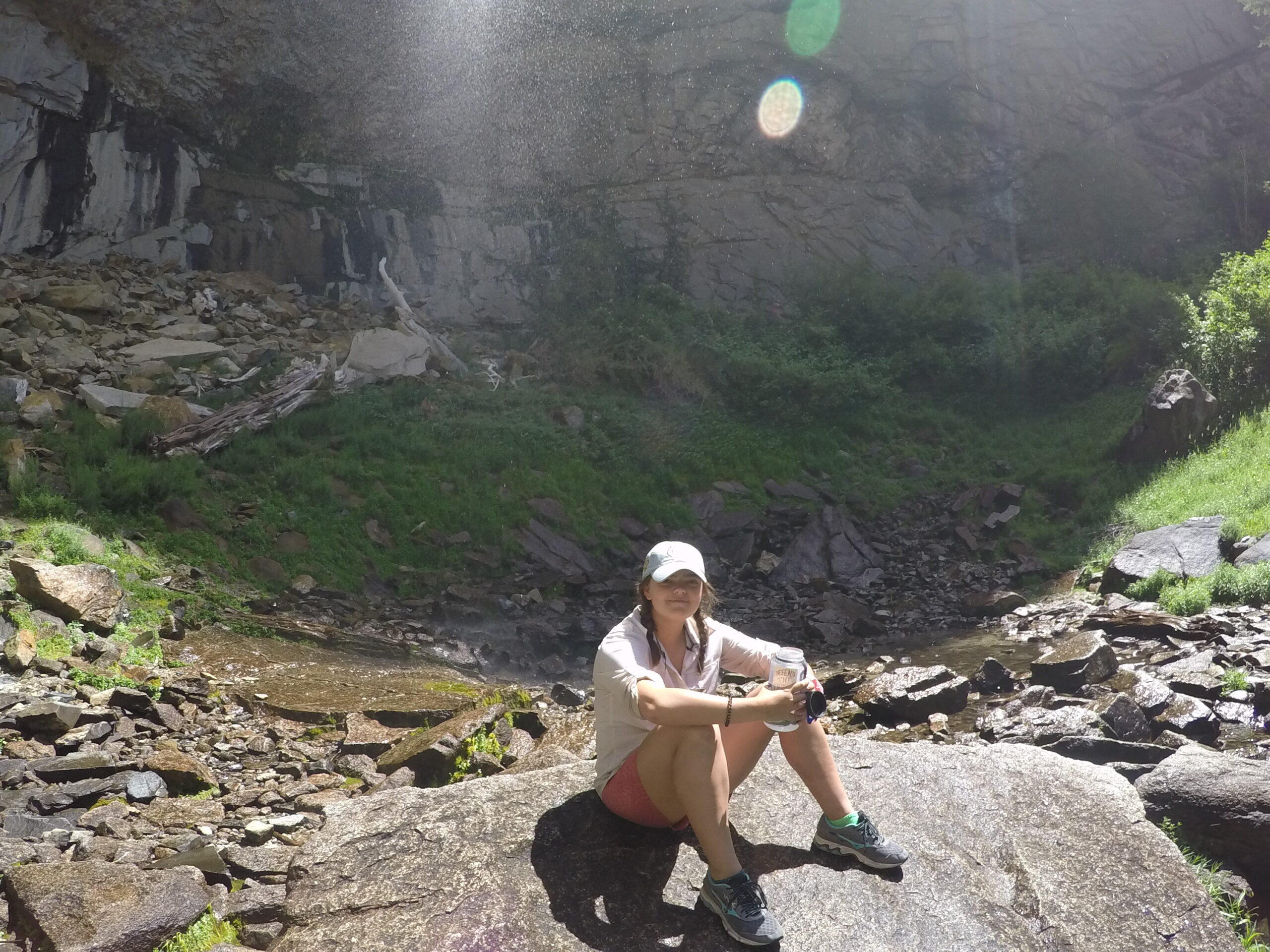This blog was written by Suzanne Hollis, a rising junior at the University of North Carolina studying environmental science quantitative energy systems and physics. Suzanne is from Atlanta, Georgia, and is a summer intern with the Southern Alliance for Clean Energy.
During my five weeks as a SACE intern this summer, I had the opportunity to observe how the organization fights for smart energy policy and energy equity. Even during a pandemic, which has us all working from home, I got a warm virtual welcome and fell right into the swing of things. As any college student, I was curious to see how my education might transfer into a work environment. My major, Environmental Science Quantitative Energy Systems, at the University of North Carolina – Chapel Hill (UNC), is designed for students with a strong interest in energy and sustainable natural resources who want to approach said interests analytically and quantitatively. I might describe what SACE does as an argumentative, analytical, and educational bridge between energy-related information or data and utilities, decision-makers, and policymakers. It comes as no surprise that my motivation to do this kind of work is rooted in the social, environmental, and economic consequences we will see and are already seeing from the climate crisis.

One of my first projects was writing about the Georgia Public Service Commission (PSC) candidates for the “Where the Candidates Stand” blog series. This project in itself surprised me because before working on it I knew very little about what the PSC does. Now, with my detailed understanding of how important the PSC is, my friends and family would kindly like me to stop talking their ear off about it. They have shared that the “Where the Candidates Stand” blog series is a valuable source of information for them because they admitted their attention to the PSC elections has been sparse in the past, but now they are committed to paying more attention as they understand how decisions made by PSC Commissioners have a wide and lasting impact and influence over energy in Georgia.
Every day, the pressure on our nation to take substantial and swift action to mitigate carbon emissions grows. As someone who is still in school and wants a liveable future for myself and my peers, I think it is very important that we are able to take a look at the policies of different political races, what experience candidates are bringing, and what bold new ideas candidates are bringing. The PSC has significant influence in Georgia’s progress towards clean energy and attainment of equitable rates for ratepayers. It is important we vote for PSC members who will fight for clean energy and energy equity.
I have spent a lot of time pouring over the 2019 Georgia Power Company (GPC) rate case and finding up to date information about the implications of it. For example, the rate case requires Georgia Power to provide monthly net metering for residential rooftop solar for a limited number of customers. The first 5,000 customers to enroll, or until the capacity reaches 32 megawatts, can sell energy back to Georgia Power through a renewable and non-renewable tariff (RNR). At the end of 2019, Georgia Power had 1,068 customers on the RNR Tariff. Customer compensations on their bills took effect starting with the July billing cycle.
I also had the opportunity to answer questions submitted about the solar report, gathered information about Plant Vogtle construction management hearings, and listen in on virtual meetings. The Plant Vogtle project stood out to me as an Atlanta native, as continues it to be massively delayed, is costing Georgia Power ratepayers billions of dollars, and has serious concerns about the completion and management. SACE has and continues to provide comments and recommendations to the PSC in regard to the Commission’s decisions about construction, delays, and cost. This effort is in part to ensure ratepayers are not subjected to unfair or unreasonable rates.

Working for the utility reform team provided me with a unique learning experience which called upon many very different skill sets. SACE is an organization built on technical analysis, and objectively looks at facts and interprets data. These facts and interpretations are used to call attention to inequalities in energy and highlight opportunities to push forward climate, clean energy, and equitable policies. The team is always on top of every detail or event which could impact ratepayers and have an effect on the Southeast’s progress towards clean energy. I have enjoyed participating in their process of challenging utilities and decision-makers to make decisions towards a clean energy future.
I want to give a special thanks to SACE’s Solar Program Director, Bryan Jacob, whom I directly worked under. Bryan went above and beyond to give me learning experiences and teach me everything he does in my short five weeks with SACE. I could not have asked for a better introduction to the working world of renewable energy. I am excited to continue my education in renewable energy and find more ways to put it to use.